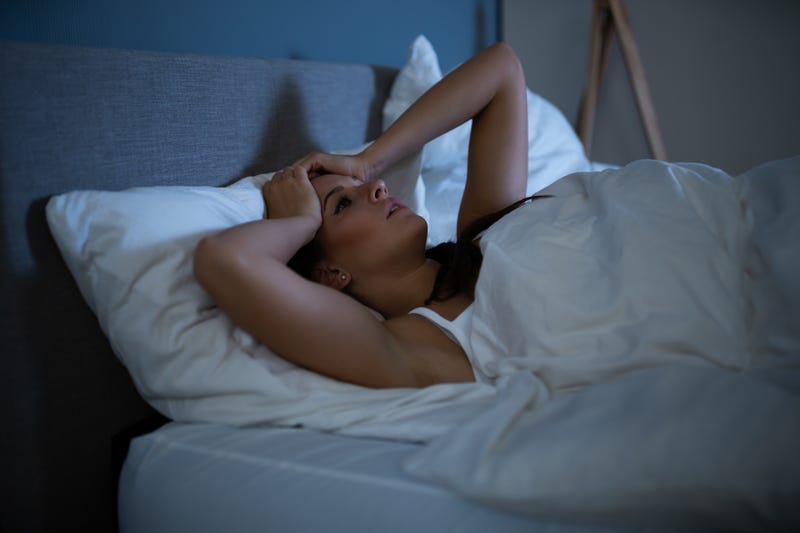
While most Americans received an extra hour of sleep on Sunday night and had to set their oven and car clocks back to standard time, experts warn that a permanent move back to Daylight Saving Time this coming spring could be detrimental to our health.
In March, the United States Senate passed the Sunshine Protection Act of 2021 unanimously, and if it is signed into law, it would permanently move the country to Daylight Saving Time.
Sen. Marco Rubio (R-Fl.) first introduced the bill and shared in a statement that the practice is outdated.
"The call to end the antiquated practice of clock changing is gaining momentum throughout the nation," Rubio said.
While the bill passed the often gridlocked Senate with no issues, it has yet to make any movement through the US House of Representatives.
Still, while Congress may vote to make the next hour jump permanent, sleep experts warn that it could ruin our health by moving to Daylight Saving Time.
Studies published over the last three decades have shown that the one-hour change is a disruption to the body's rhythms, which many say are in tune with the Earth's rotation.
Because of this, experts like Dr. Elizabeth Klerman from Harvard Medical School told CNN she thinks that moving an hour ahead permanently isn't for the best.
"I'm one of the many sleep experts that knows it's a bad idea," Klerman, a professor of neurology in the division of sleep medicine, said.
Sleep is essential, and one study from 2003 examined getting one hour less of sleep for two weeks. Researchers found that it had the same effect on motor skills and thinking as going without sleep for two full nights.
It has also been discovered that among adults, reducing as much as 90 minutes of sleep from the recommended 7 to 8 hours could alter the DNA of immune cells and boost inflammation.
Other experts like Dr. Phyllis Zee, who serves as the Center for Circadian and Sleep Medicine director at Northwestern University's Feinberg School of Medicine, also say Daylight Saving Time is detrimental to health.
"Between March and November, your body gets less morning light and more evening light, which can throw off your circadian rhythm," Zee shared with CNN.
Klerman also noted that while some argue the human body eventually adjusts to the time jump, the truth is the opposite.
"Your body clock stays with [natural] light not with the clock on your wall," Klerman said. "And there's no evidence that your body fully shifts to the new time."
Experts recommend that if a change is made to the processes, that standard time is observed as it is closer to the sun's day and night cycle, which for centuries has set our circadian rhythm, according to Zee.
While many think the decision doesn't matter, either way, the health risks are real. Zee shared that the circadian rhythm regulates numerous things, from when you want to eat, exercise, or work, to more serious matters like" your blood pressure, your heart rate and your cortisol rhythm."
The American Academy of Sleep Medicine has also called for a ban on Daylight Saving time, as evidence shows that it can be detrimental.
"Current evidence best supports the adoption of year-round standard time, which aligns best with human circadian biology and provides distinct benefits for public health and safety," the ban says.
The group isn't alone either, as more than 20 medical, scientific, and civic organizations also support the effort.
Whether the House will pass the legislation is not yet known, but Klerman urges politicians to remember history before voting on the bill.
"The United States has tried permanent daylight saving time twice before and ended it early. The UK tried once before and ended it early. Russia tried it once, so did India and ended it early," Klerman said. "I think we should learn from history."


